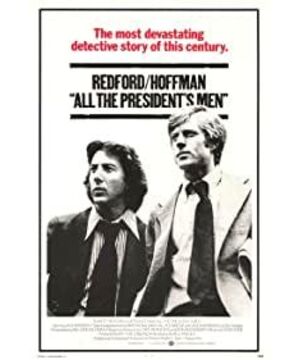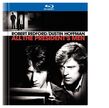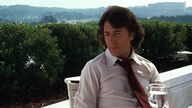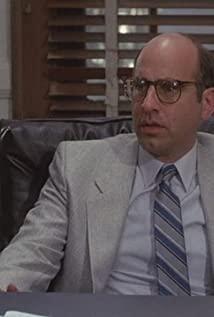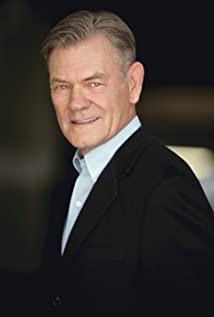If news is the mirror of society, can we say that movies are the mirror of life? When the Coen brothers commented on "Ice and Blood Storm", “The charm of the movie begins from the beginning of the film—adapted from real events.” When Vlahadi explained the term documentary, he said that documentary is a creativity of reality. Processing, but this sentence is also applicable to the field of movies. When we are talking about movies, we are not just talking about an entertaining product, or pure art, it is our perception of life. Although the history of film teaches us that when film is born, it is a commodity, but this is definitely not the only function of film. Painters sell paintings and novelists also publish books. This does not mean that the literature of paintings is just a commodity. The so-called hero doesn't ask where it comes from, even if the film is bred from capital, it does not mean that it cannot be called Zhu Yuanzhang of contemporary art (the example is not appropriate).
Back to the movie "The Great Conspiracy". If you call it a documentary, maybe it's not a bad idea. He reproduced the "Watergate Incident" with a rehearsal method, and his creative treatment of reality made the film's realism be seen in drama. Through the analysis of the documentary, perhaps we can find interesting parts in this movie. The first is its choice of topic. There is no doubt that the "Watergate Incident", but the problem lies in the angle. Most of the books, movies or documentaries about the Watergate incident are mostly based on the results of the Watergate incident. This is the moment when human will is clear. At this time, the moment of free will triumphs. Obviously, taking it as the end of the journey and the dramatic climax is Sensible. However, after thirty dull minutes at the beginning, I realized that things were not that simple. If the film is a panoramic display of the reporter's investigation process, it is better to say that it is a gradual release of the suppression of freedom. Obviously, just like the trend of most political films, the film uses the progress of the case as a clue. However, the contradiction lies in the confusion of the entire society and the ambiguity of the incident. It seems that we can only walk on the borders of truth forever. What the film shows is not the past difficult but clear case trend, but the core puzzle that can never be touched, which is an irregular jigsaw puzzle. What the film shows is not the reporter's confusion about the truth of the incident, but the overall society's vagueness of the truth. This is a collective state, dull and oppressive.
Therefore, the climax of the film is not the montage of the truth about the Watergate incident at the end, but the insistence of the newspaper editor "stand to our boys", the moment when "deep throat" tells the story. That moment is not the final victory, but the release of repressed freedom. That moment is the real climax of the film.
If totalitarianism and corruption will eventually erode human society, then at least we have news to guard the last piece of pure land; if collective unconsciousness and human weakness will eventually drag us to hell, then at least movies will become memories of our past lives. So hlep me god.
View more about All the President's Men reviews


